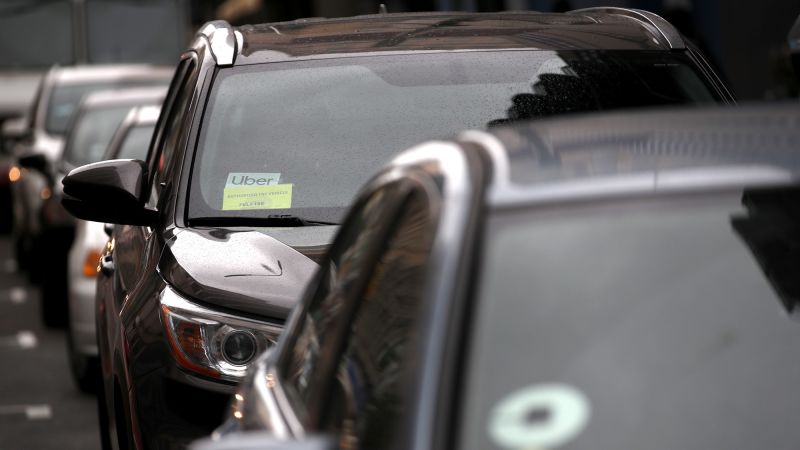Uber Technologies Inc. has announced the initiation of a pioneering feature in its United States mobile application, aimed at enhancing the safety and comfort of female passengers. This feature, named “Women Preferences,” allows users to specifically request female drivers during their rides. This significant step comes in light of the company’s ongoing struggle to ensure passenger safety and to mitigate instances of sexual assault that have sporadically plagued its platform over the years.
Commencing in key urban areas such as Los Angeles, San Francisco, and Detroit, the Women Preferences feature is set to enter its pilot phase within the next few weeks, according to a blog post released by Uber. This rollout signifies Uber’s inaugural attempt to introduce this particular option within the U.S. market, even though it has been successfully implemented across 40 other countries previously. By taking this step, Uber is aligning itself with other ride-hailing services like Lyft, along with taxi-hailing companies that cater specifically to providing female passengers with women drivers, including HERide and Just Her Rideshare, which have made similar offerings.
Camiel Irving, Uber’s Vice President of Operations for the U.S. and Canada, emphasized the demand for this type of service in a press release, stating, “Across the US, women riders and drivers have told us they want the option to be matched with other women on trips.” This initiative clearly aims to cater to the voice of female riders who are seeking more sense of security and comfort during their travels.
For women utilizing the service in cities where the new feature is operational, a section will become visible on the app, allowing them to select female drivers specifically. Additionally, they will have the convenience to pre-book rides and establish a preference for being paired with female drivers during their journeys. This user-friendly enhancement is anticipated to further promote the feeling of safety among female riders.
Also noteworthy is that the Women Preferences feature isn’t limited to the passengers alone; it allows women drivers to select female passengers as well through a new option dubbed “Women Rider Preference” in their settings. This mutual feature creates a more inclusive environment and ensures that both parties can feel comfortable and secure during their rides. Nonetheless, it’s essential to note that users can still choose to connect with non-female drivers or passengers if they desire, providing openness and flexibility in ride-sharing.
Extensive testing was undertaken before this feature’s launch, with insights collected from various international markets, including Germany and France. This comprehensive analysis aimed to ensure a reliable function considering that a majority of Uber’s drivers are male. Irving reiterated the importance of gauging user feedback to create a trustworthy platform where female patrons feel at ease.
Uber has historically faced significant challenges regarding safety, with an alarming number of sexual assault reports logged over the years. Data from the period between 2017-2018 indicated nearly 6,000 reports, a figure that reduced to 2,717 by 2022. Despite the decline, Uber still faced legal consequences as five passengers initiated lawsuits against the company in 2022, citing incidences of sexual assault that transpired between August 2021 and February 2022.
The California Public Utilities Commission had also fined Uber $59 million for failing to provide necessary data on sexual assault incidents, although this penalty was later reduced to $150,000 after a negotiated agreement required the company to share anonymized data on such incidents going forward.
In response to ongoing safety concerns, Uber has implemented several other safety-oriented features in recent years. These include a dedicated safety hub within the app, designed to empower users to manage their safety preferences effectively. With the introduction of features like Women Preferences, the company seeks to prioritize user comfort and enhance its safety reputation in an increasingly competitive and scrutinized market.











